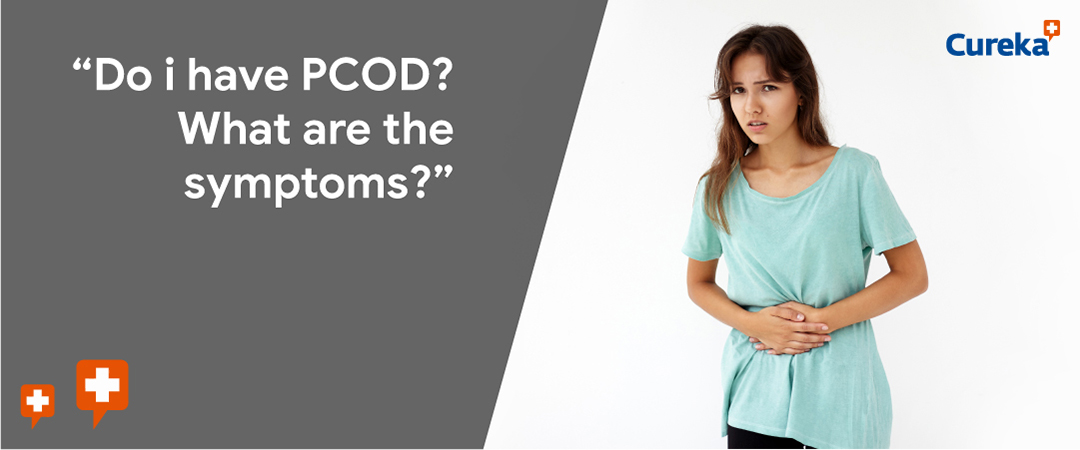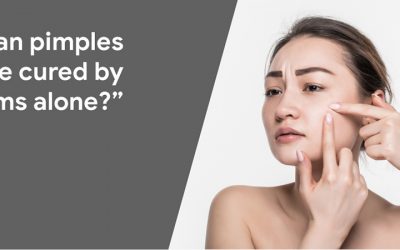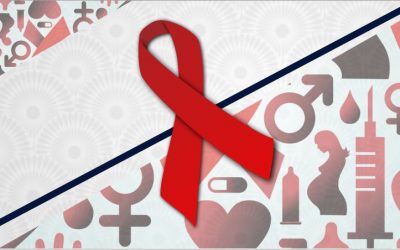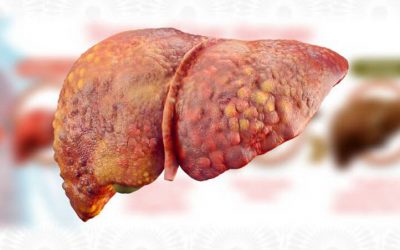Do I Have PCOD? What Are The Symptoms?
PCOS has also been referred to as Stein-Leventhal syndrome and polycystic ovarian disease. PCOD symptoms consist of irregular or no menstrualperiods, severe menstrual periods, unwanted facial hair, acne breakouts, pelvic ache, trouble having a baby, and also pockets of dense, darker, velvety skin. It can cause problems with your periods and make it difficult to get pregnant. If you have increased levels of insulin and you are overweight, then you might be one having insulin resistance PCOD. PCOS also may cause unwanted changes in the way you look.
The polycystic ovarian diseaseis a relatively common hormonal disorder that causes a number of different symptoms in women of reproductive age.
Treatment for PCOD
The medical treatment of PCOD/PCOS focuses on managing your individual concerns, such as infertility, hirsutism, acne or obesity.
- Restoration of regular menstruation, and prevention of endometrial hyperplasia and endometrial cancer
- Treatment of hirsutism or acne
- Restoration of fertility
- Lowering of blood glucose levels
Losing weight (which can be difficult) has been shown to help with diabetes, high blood pressure, and high cholesterol. Even a weight loss of 5% of total body weight has been shown to help with the imbalance of hormones and also with infertility.
Common symptoms of PCOD/PCOS
- Depression
- Fertility problems: Many women who have PCOS have trouble getting pregnant (infertility)
- Irregular periods: Often women with PCOS have fewer than nine periods a year. Some women have no periods others have very heavy bleeding
- Thinning hair on the scalp
- Extra hair on the face and body. Often women get thicker, darker facial hair and more hair on the chest, belly, and back.
- Weight gain and trouble losing weight
- Acne
Investigations like blood sugar estimation, thyroid hormone tests, ultrasound of the abdomen and pelvis are done. Sometimes serum androgens, luteinising hormone and other hormone estimations may be ordered.
What Causes Polycystic Ovarian Disease (PCOD)?
- PCOS seems to run in families, so the chance of having it is higher if other women in the family have PCOS, irregular periods, or diabetes
- In polycystic ovary syndrome, the eggs in these follicles do not mature and are not released from the ovaries. Instead, they can form very small cysts in the ovary, hence the name polycystic ovaries.
- Follicles are sacs within the ovaries that contain eggs. Normally, one or more eggs are released during each menstrual cycle. This is called ovulation.
- Polycystic ovary syndrome is related to an imbalance in these sex hormones. In PCOS, they start making slightly more androgens. This causes patients to stop ovulating, get pimples and grow extra facial and body hair.
- Normally, the ovaries make female sex menhormones and a tiny amount of male sex hormones. These help regulate the normal development of eggs in the ovaries during each menstrual cycle.
Are you suffering from menstrual problem? Consult with your doctor and follow the medications or get doctors prescribed feminine care items on cureka.com














